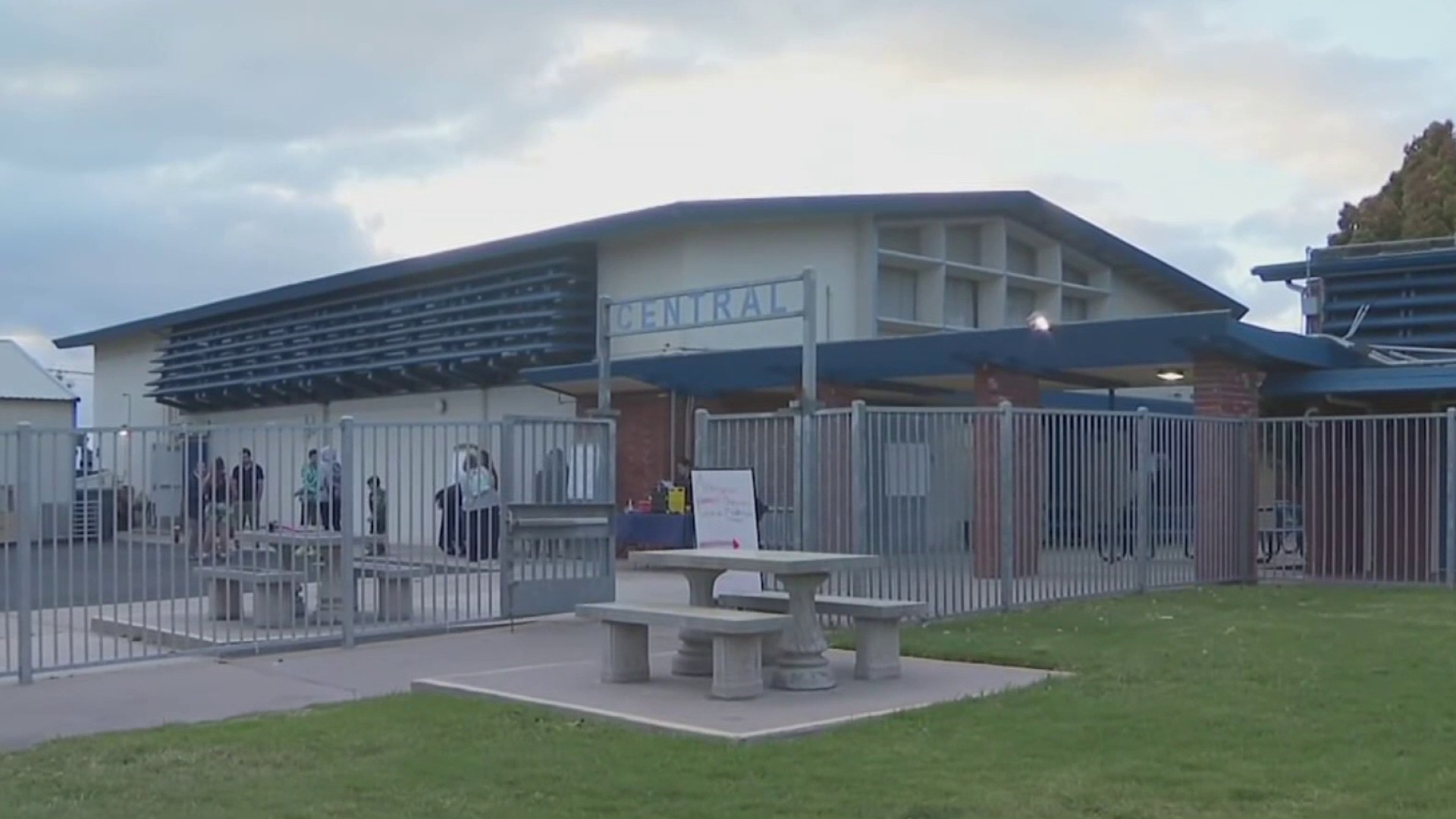February 1 – that’s how long healthcare workers in California have to get a COVID-19 booster shot if they want to keep their jobs. Gov. Gavin Newsom announced the industry-wide mandate Wednesday morning.
In San Diego, some medical professionals are applauding the governor for the mandate, saying it sends a message to everyone, whether you work in a hospital or not, to get that third shot. But other workers say the decision to get a booster should be a personal choice.
“I went as far as you can go before dying and came back,” says Danny Plata, an emergency room nurse for Sharp Chula Vista.
Plata knows more than most how vulnerable we can still be to COVID after only one dose of the vaccine. Doctors believe he caught COVID just before his second dose. He was struggling so hard to breathe, that Plata had to be medically induced into a coma for 45 days. He was on life-support for 60 days, spending a whopping 90 days in the ICU.
“I was literally in the worst-case scenario and miraculously I came back and I'm still here,” says Plata.
Get San Diego local news, weather forecasts, sports and lifestyle stories to your inbox. Sign up for NBC San Diego newsletters.
Plata already planned on getting the booster shot before returning to work this spring, but of course now that injection is no longer optional.
“Two doses are great,” said Gov. Newsom announcing the mandate Wednesday morning. “The booster is a gamechanger. and that third dose is a game-changer. and no group of workers understands that perhaps more than our frontline healthcare workers so I just ask them to continue to lead by example.”
“It does not sit well with me that it’s a mandate,” says Plata.
Local
Plata says frontline workers already willingly put their lives in harm’s way every time they clock in and most would get that third shot anyway – but this puts a bad taste in his mouth.
“Being in the medical field, it benefits us to get that booster shot because we’re in contact with COVID-19 every single day,” says Plata. “However, I don’t appreciate the mandate.”
Dr. William Tseng is the vaccination lead for Kaiser Permanente San Diego.
“My biggest concern is that omicron is spreading so fast that it will infect people who have been vaccinated,” says Tseng. “The staff who have been vaccinated.
Tseng predicts about a third of their staff will test positive for COVID during this winter surge - which is why he urges everyone to get the booster shot.
“It’s not that they’re going to end up in a hospital,” says Tseng. “But they will be taken out of our workforce for the community for the hospitals. And that is a concern of mine.”
UC San Diego professor of Medicine Dr. Robert Schooley is in favor of the mandate.
“This is a statement that the booster is necessary to maximize protection,” says Schooley. “Will it suddenly cause 400 million people to show up at the vaccination centers this afternoon? No. But it’s a very good way to say the science is pointing to the need to have this third shot.”
He said most vaccines we got as kids were three-dose series. Going forward, he believes we will need to continue getting COVID booster shots at regular intervals, it’s just too early to know if we’ll need those boosters annually like the flu shot, or every 10 years like tetanus shot.
“We started from ground zero with this virus two years ago,” says Schooley. “There was no immunity to SARS-CoV-2 two years ago, and what we’re doing is catching up.”
It's just how we’re catching up that Plata says is off-key.
“We’re already under a lot of stress from these last two years,” says Plata. “I can’t imagine adding more to it with a mandate.”
Schooley says right now research is zeroing in on the spike protein that never changes as coronavirus evolves into new strains. This way vaccines and boosters should be much more effective against future variants.
Healthcare workers aren’t the only ones now required to get a third shot. California State University schools – which includes SDSU and Cal State in San Marcos – just announced they too are requiring all faculty, staff, and students to get the booster. That deadline is February 28th. Medical and religious exemptions will be accepted.



